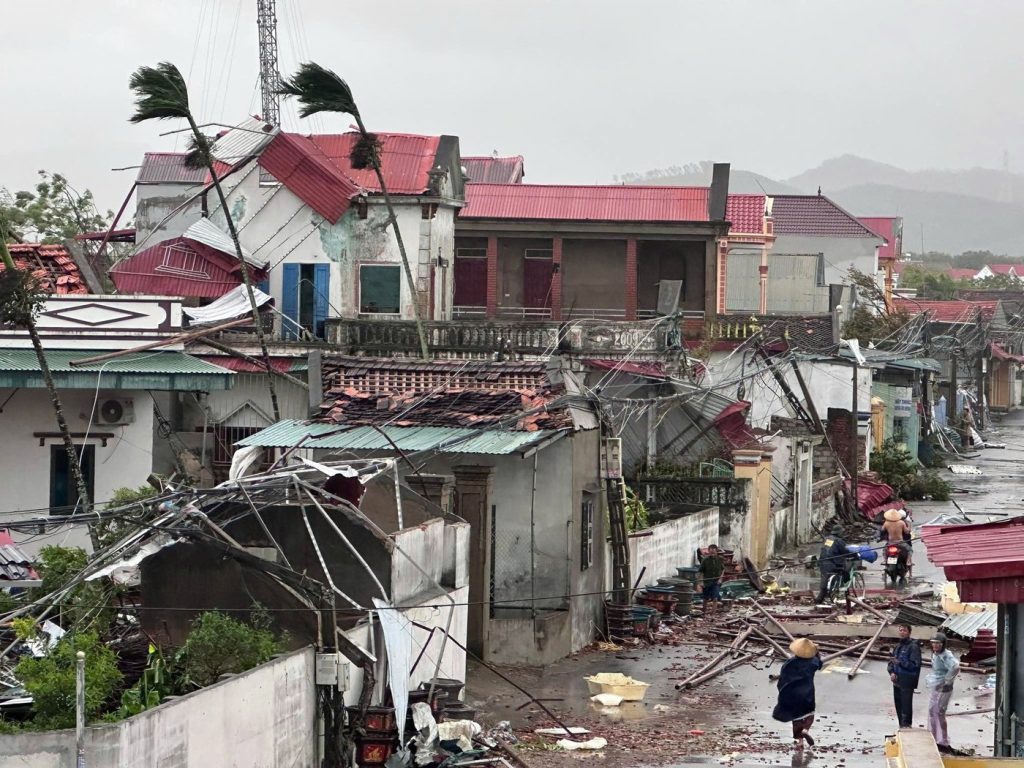HANOI, Vietnam (AP) - Lingering heavy rainfall from a former typhoon has caused significant flooding and landslides across Vietnam, resulting in a tragic increase in the death toll to 19, with reports of many more missing individuals. The national weather agency reported that some regions received over 30 centimeters (nearly a foot) of rain within the last 24 hours, and they warned that heavy downpours are expected to persist.
The protracted rainfall has triggered flash floods and landslides that have effectively cut off roads and isolated several communities, stretching from the northern mountains of Son La and Lao Cai provinces to the central Nghe An province. The weather conditions have led to rivers overflowing due to both the heavy rains and water released from dams, creating widespread flooding in the northern areas of Vietnam. The Thao River in Yen Bai, for instance, has risen well above emergency levels, flooding homes with water up to a meter deep (approximately 3 feet) and necessitating evacuations.
In the capital city, Hanoi, many streets have been inundated with water, and authorities have advised residents near the Red River, which flows through the city, to exercise caution. The situation remains critical as rescue operations continue; media reports noted that authorities are currently searching for 13 individuals who are still unaccounted for, including eight fishermen. This disaster follows the earlier devastation wrought by Typhoon Bualoi, which had already caused at least 20 fatalities in the Philippines prior to making landfall in Vietnam early on Monday.
Experts assert that the impacts of global warming are exacerbating storm severity, leading to stronger and wetter weather events. Warmer ocean temperatures can fuel tropical storms, resulting in more intense winds, increased precipitation, and altered rainfall patterns, particularly across East Asia. The ongoing effects of climate change highlight the urgent need for adaptive measures to mitigate the impact of such extreme weather phenomena.
The destructive consequences of Typhoon Bualoi and its aftermath have been widespread, with infrastructure severely affected and communities grappling with the aftermath of flooding and landslides. As the search for the missing continues and efforts to provide assistance to impacted areas progress, the tragedy serves as a stark reminder of the vulnerability of regions prone to natural disasters.
As Vietnam faces these ongoing challenges, the resilience of its people and the effectiveness of response measures will be crucial in overcoming the immediate impacts of this disaster, while also addressing the broader concerns related to climate change and its influence on future weather events.











